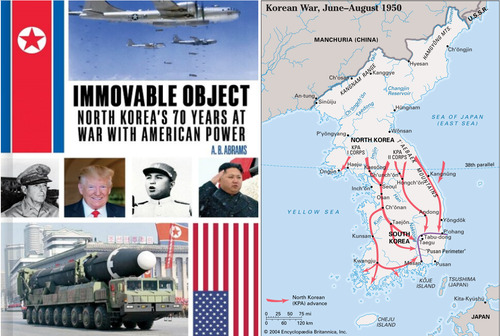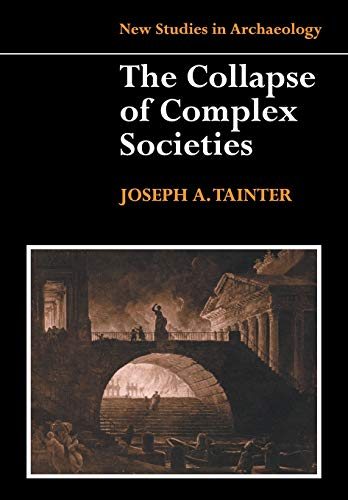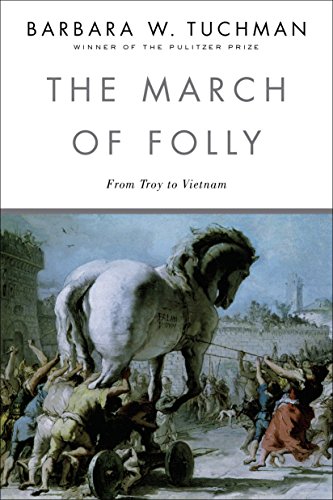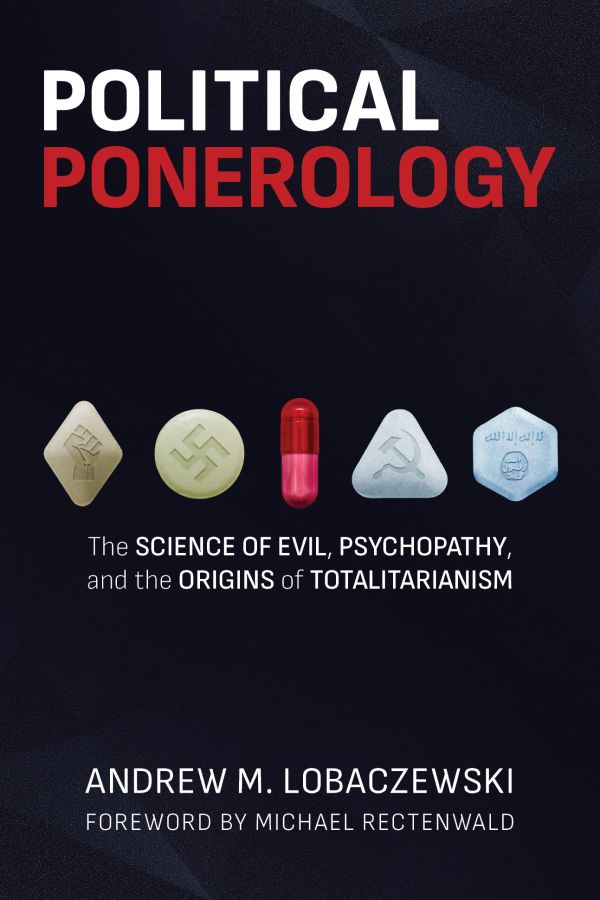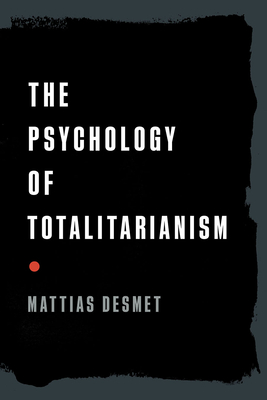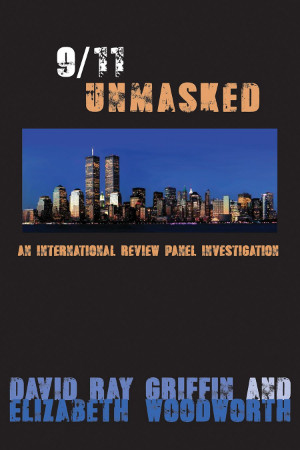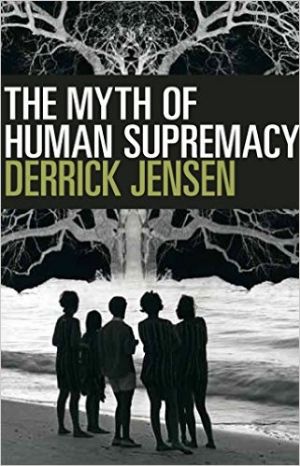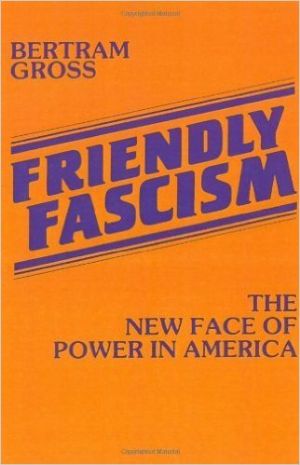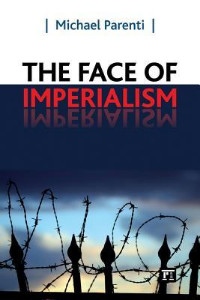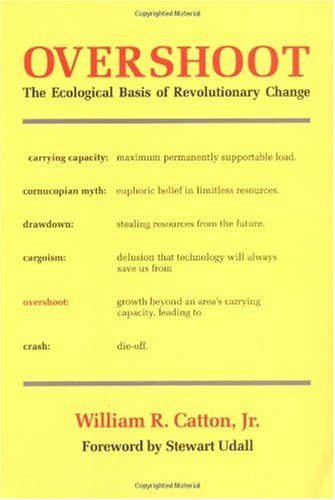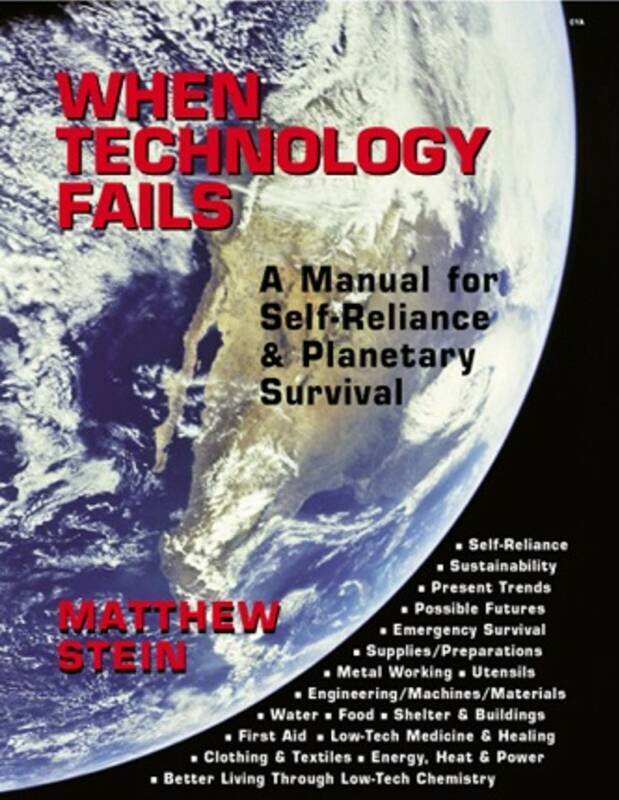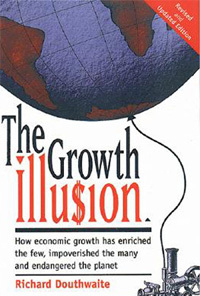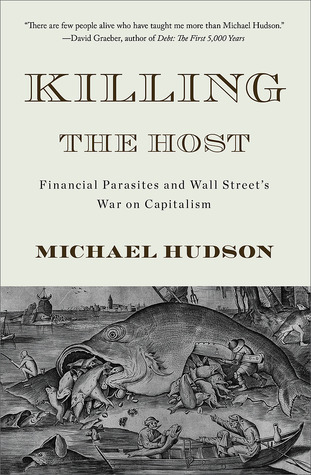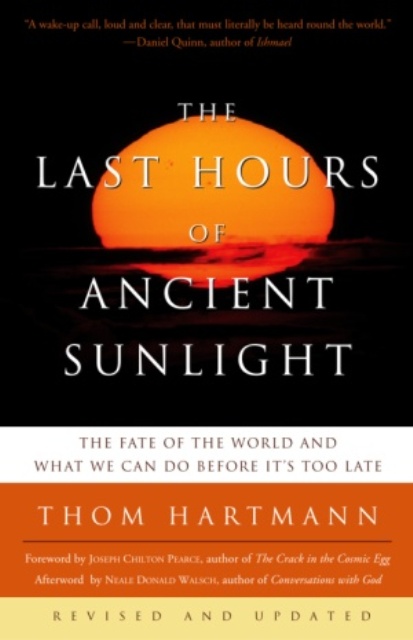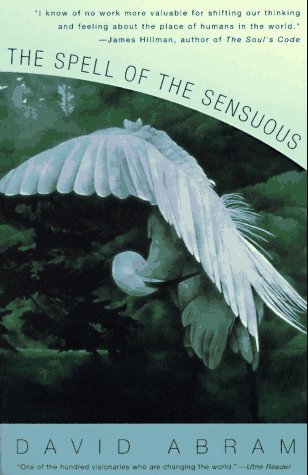Transcript of a China Rising Radio Sinoland interview by host Jeff Brown with guest A.B. Abrams on his new book about North Korea, Immovable Object - courtesy Jeff J. Brown DPRK as a nation practices juche, meaning self-reliance. Audio interview here.
Jeff J. Brown Question #1: To write your new book, you interviewed a number of Koreans and talked about living and studying in DPRK. Western and allied media paint a horrific picture of life there, as dystopian scenes straight out of the Hunger Games movies. North Koreans are barely fed and clothed, while freezing in feudal, police state ghettos. The countryside is denuded and being stripped of all its natural resources, at the expense of the fearful, oppressed masses.
Please tell us about your experiences in DPRK, while comparing and contrasting it to the Western media version, as well as to other neighboring Asian countries where you have experience.
A.B. Abrams Answer #1: Certainly, the contrast between Western portrayals of North Korea and the reality in the country are extreme, with misrepresentation to my knowledge having no remote comparisons elsewhere in the world. For those new to the subject, ‘forget everything you think you know’ would be apt advice – whether it is how the political system, defense sector and economy work or the nature of the country’s ideology and society. As an ethnically homogeneous country with longstanding historical suspicions towards foreign influences, and towards the West in particular, it takes considerable effort and a long term commitment to be able to form a fuller and deeper understanding of the country, something this work has attempted to convey.
Comparing it with other parts of Northeast Asia, a number of factors stand out. One of the most notable is a lack of pervading Western centrism in people’s thought, which is a major factor elsewhere such as in Taiwan, South Korea and even to an extent in some parts of mainland Chinese society. This is reflected in the country’s literature, performing arts and in general public attitudes to various issues. The modern Western paradigms for viewing the world have not had a significant influence on their thought, be it aesthetics or political culture, and the results of this can be seen widely from social conventions to performing arts. The lack of imposed Westernization is a source of unique cultural activity, as well as a source of strength for the nation as a whole.
Jeff J. Brown Question #2: Backed by concrete research, you go to great lengths about the US’s grotesque genocide, not just during the Korean War, but afterwards, for the next 70 years, via criminal embargoes, sanctions, blockades, fines and the theft of DPRK’s assets overseas. It is relentless and ongoing, with other anti-imperial countries, like Iran and Venezuela getting similar treatment. Americans seems to logarithmically express their hatred/fear of Asians, much more so than other racial/ethnic groups. This difference is backed by evidence from World War II, where 250,000 US Japanese lost most everything, when they were evacuated from their homes and imprisoned in desert concentration camps. This while US German and Italian citizens had no such issues.
What is it about Asians that stirs up so much fear and loathing among Americans, for which over time, North Koreans have taken the greatest wrath?
A.B. Abrams Answer #2: As highlighted in my first book from 2019 which covered broader trends in Western interventionism in East Asia, there has been a strong trend towards particularly high levels of misconduct by Western militaries in the region. Although North Korean claims regarding war crimes committed by U.S. and allied forces towards its civilian population are widely dismissed in the West, they are strongly supported by a wide range of sources. These include a significant number of Western observers on the ground operating separately from one another and reporting much the same regarding U.S. military conduct, as well as declassified documents from the U.S. Military, and many other sources, which give detailed accounts on how the Korean population was treated by Western military personnel. More recently, investigations by the South Korean government’s Truth and Reconciliation Commission showed brutal massacres, mass rapes and burials of civilians including children in mass graves by U.S. and allied forces even in South Korea – exactly what North Korea has also accused the U.S. of perpetrating for decades. More broadly, this conduct fits in with widespread reports from all sides regarding U.S. and allied conduct in the war against Imperial Japan before Korea, and in the Vietnam War afterwards. Thus the conduct of U.S. forces, which several scholars I referenced have equated with genocide in the Korean case, was consistent with much wider trends.
The point you raised regarding Japanese Americans and Japanese Canadians in internment camps is one of the better known examples, but it is particularly significant when contrasted to how well actual Nazi German military personnel were treated when they were shipped to the U.S. mainland as prisoners. Ethnically European enemies were respected more and treated better on American soil than Asian Americans, who were suspected on purely racial grounds of having improper loyalties. Other examples are too many to mention and often much more severe, but for those interested I would refer them to my first book.
Regarding what it is about East Asia that has warranted such treatment over such a long period, I would attribute a number of factors including a greater sense of otherness and greater ease of demonization. The demonization of ‘Asiatics, Huns and Mongolioids,’ has been deeply rooted in Western culture for centuries, as has the sense of ‘yellow peril’ affecting the Chinese, Japanese and Koreans in particular. East Asia has long been seen as the prime potential challenger to a world order which has otherwise for centuries been totally dominated by the West. From the Mayans in North America to the Wassoulou Empire in West Africa and the Mughals in India, almost all major civilizations have been subjugated to Western influence and effectively neutralized as potential threats to Western global hegemony. Remnants of these cultures today are heavily reliant on use of Western languages, Western thought and Westernized political models which seriously undermines any possibility of a challenge to Western hegemony.
East Asia could thus be seen to an extent as a ‘last man standing’ among major non-Western civilizations – with the degree of independence enjoyed from the West by North Korea and China today, and previously by Imperial Japan, thus seen as threats to Western dominance of world order. In North Korea today in particular the absence of penetration by the modern West is highly conspicuous, ranging from the performing arts and social relations to education and the worldviews of people on the streets. There is no concept of Western supremacism or Western superiority which is seen so widely in the rest of the world, but a genuine self-belief in the Korean nation and in Korean thought and values which, for proponents of global imposition of Western hegemony and Western thought is unacceptable.
Jeff J. Brown Question #3: Please compare and contrast DPRK’s socio-economic structure to China’s, vis-à-vis private versus public sectors, consumer goods, internal/external travel and tourism, media, internet – and how does taxation work?
A.B. Abrams Answer #3: This is an interesting question, although it would take quite a while to elaborate in full. It is important to consider that North Korea has been a developed economy with high end industries for a great deal longer than China has. This was particularly the case before the collapse of the Warsaw Pact countries, Mongolia and the USSR stripped it of key trading partnerships. Thus the way older generations in China grew up seeing North Korea, as a relatively affluent and much more developed neighbor, contrasts to today as China’s economy and high tech boomed in the last 30 years while Korea faced serious economic issues.
Until the 1990s North Korea’s defense sector was producing military hardware well ahead technologically of anything in the Chinese People’s Liberation Army. An indicator of the extent of its industrial development was its ranking by the Geneva based World Intellectual Property Organization. By the mid 1980s the country had become second among socialist countries only to the Soviet Union in the number of registered industrial designs. Sustained investment in this field would place it in fourth place in the world after the Cold War’s end in 1990, behind Japan, South Korea and the United States but well ahead of China or even the USSR. Despite severe economic crisis in the 1990s, much of this industrial base remained intact and the level of technical education remains very high even outside the major cities. Industrial designs have made a strong impression on and impressed those few Western observers who have gained access to them – notably experts from the Swiss ABB group who described Korean designs as industrial marvels. This competence was most conspicuously reflected in the many technologies which made up the Korean missile program, an example being the synthesis of unsymmetrical dimethylhydrazine (UMDH) rocket fuel using technologies which had applications in synthetic textile manufacturing. Western experts had for years claimed that the country must be smuggling rocket fuel from abroad, but it had in fact gotten around the issue with an innovative way of using its own industries.
To compare the DPRK with China the two economies are very different despite some ideological similarities between their ruling parties. North Korea has developed more of a private sector over the last decade, but state influence over its activities is significant. For example during major flooding or other natural disasters there is a strong expectation that major private companies will make donations and if possible assist in reconstruction efforts, and that they will prioritize this over other projects. Taxation in the country was officially abolished in the 1970s, leading some analysts to equate the country to a ‘large commune,’ and contributions by the private sector both to economic growth and in times of need to supporting the collective could be interpreted as an alternative to direct taxation. The state can otherwise collect revenues without taxation due to public ownership of the bulk of the means of production, many of which are highly profitable. The country’s economic structure has from my assessment proven by far the most durable given how it has endured natural disaster and an unparalleled degree of Western economic pressure – particularly when compared to other targets of Western sanctions which are often much richer in terms of natural resources such as Iran, Iraq, Venezuela or Sudan.
Jeff J. Brown Question #4: What makes DPRK’s socio-economic and political system unique, compared to other communist-socialist countries, like China, Vietnam, Iran, Cuba and Venezuela, or even an anti-imperial one like Russia?
A.B. Abrams Answer #4: A number of factors make the DPRK unique as a ‘resistance state’ opposing Western hegemony in the region and the wider world. One notable one is that it remains one of very few territories globally which have never been placed under Western control and occupied by Western soldiers, having transitioned directly from an independent Kingdom to the Japanese Empire before the founders of what later became the DPRK took power with Soviet backing. The lack of a historical subjugation by the West, either directly through empire or through Westphilian client rulers, has important cultural and political implications for the DPRK. The North Korean state and institutions are also much older than those of the countries mentioned above, with the ruling Korean Workers’ Party being the longest ruling political party in the world.
One significant unique factor has been the emphasis on conveying of historical memory which has had a significant impact on national identity and on public views on current international issues. The Japanese occupation and the trials of the Korean War play a much more active role in public discourse and are considered much more relevant today than, for example, major attacks by Western powers in the Philippines, Japan or Vietnam. While the Opium War and Century of Humiliation do influence the Chinese worldview, Chinese public opinion on the West is also very heavily influenced by the penetration of Western media and by Western soft power, while historical events such as Western war crimes against the Chinese in the Korean War or U.S. involvement and further war crimes in the Chinese Civil War are not widely known. Permitting this played an important role in facilitating Chinese integration into the Western-led global economy, but it marks a notable contrast with Korea where historical memory is present on the minds of the population and policymakers when considering current issues.
Jeff J. Brown Question #5: You wrote that attempts by DPRK to share with the West its story, news, way of life and current events is ruthlessly censored or blocked. On a day-to-day basis, are there any websites, free and/or paid, that show what’s going on in DPRK, with articles, videos, blogs, etc.?
A.B. Abrams Answer #5: This is a problematic issue, as I would say the bulk of content on Korea is highly propagandistic. This includes both pro-Western propaganda demonizing the country and often fabricating stories entirely, and some forms of pro-DPRK propaganda where supporters of the country essentially project their own ideals or fantasies onto it. When one is aware of the context of the country’s history, its foreign relations and the way media covering the country tends to work – context the book has tried to provide – it becomes easier to read between the lines. Because coverage of the country is generally so extreme, it is not easy to get an accurate picture simply by reading news.
It is interesting to assess how anti-North Korean propaganda is synthesized in the West, and the magnitude of the falsehoods perpetuated. It is far from uncommon to see stories ranging from descriptions of drug epidemics to grueling executions such as feeding officials to dogs or piranhas, which are later admitted to have been entirely fabricated. The hard hitting original stories, at first published in English and then republished in dozens of languages citing the original English sources, inevitably have orders of magnitude more coverage than the retractions. Isaac Stone-Fish from Foreign Policy magazine, for example, wrote that American journalists “can write almost anything you want about North Korea and people will just accept it,” and admitted to having made up stories in the past himself. Many of the Western outlets responsible for such reporting such as Radio Free Asia, which set a particularly high standard for the quantity and brazenness of fabrications, notably have close historical ties to Western intelligence agencies – the nature of which are elaborated in detail in the book.
Jeff J. Brown Question #6: You did a great job explaining why China and Russia went along with draconian UN Security Council sanctions, embargoes and blockades against DPRK. I have written about this, that the border is porous between DPRK and China, including six cross border rail lines, numerous road crossings along with one rail line with Russia. I have speculated that in all those covered rail cars and truck traffic, it would be very difficult for the West, via satellite cameras, to keep track of what is coming and going back and forth.
How much was and is this true today?
A.B. Abrams Answer #6: North Korea has considerable expertise working underground and undetected both within and beyond its borders. Operations in the Middle East are a prime example. It would not be surprising if trade volumes known to the public are only a fraction of those which are actually occurring, with the country and both of its northern neighbors having a great deal to gain from such a trading relationship. The limited penetration of Western intelligence in either China or in Russia’s far eastern regions makes this highly plausible.
Jeff J. Brown Question #7: While the US/NATO routinely demonizes Russia, China, Iran, Cuba and Venezuela for helping the West’s perceived enemy states around the world, you wrote that North Korea has been and is maybe even more involved globally than the aforementioned anti-imperial countries, including surprisingly, Hezbollah and Angola.
Nevertheless, we almost never hear about this. Other than the now obsolete Bush-era Iran-Iraq-North Korea “Axis of Evil”, why does Western media not include demonizing DPRK for “helping terrorists and rogue actor countries”, while only concentrating on the country’s modern thermonuclear arsenal, which even now, the latter has been absent from the mainstream media for the last year or so?
A.B. Abrams Answer #7: Portraying North Korea as a supporter of groups such as Hezbollah or in the past the South Africa ANC would undermine the imperative of both portraying the isolation of and demonizing the country. Although considered terror groups in the U.S. and much of the West, groups such as Hezbollah are widely admired elsewhere in the third world. If, for example, reports were more widely publicized that Hezbollah’s leadership received training in Korea at the highest levels, that their methods of waging war were closely based on those of North Korea’s own armed forces, or that even their extensive tunnel and bunker networks were built by Korean specialists, common perceptions of Pyongyang would change in many areas. Hezbollah’s strong military performances in 2006 against Western-aligned Israeli forces and then from 2013 in Syria against a number of Western-backed insurgent groups could well lead more countries to form defense ties and seek to receive training from the Koreans.
The Western world views with much apprehension the possibility of a Korea with connections throughout the third world, and its connections with Iran alone have seriously undermined Western interests in the Middle East while also providing a significant boost to the Korean economy. Furthermore, the impression of North Korea portrayed by the West as a self-isolating and tyrannical state would be undermined should it be widely known in the third world that groups seen as resistance to Western hegemony such as Hezbollah, the South African ANC, the Angolan MPLA and even the Black Panther party in the U.S. received significant support from the country.
As none of the groups Korea is involved with or can even be accused of involvement with are UN recognized terror groups, there is little benefit from highlighting this since none of these activities are in fact illegal. Ultimately North Korea is demonized in the western world to a greater extent than Hezbollah today, the ANC in the 1970s, or almost any non-state actor. As previously mentioned, its East Asian identity and the very long history of themes of ‘Yellow Peril’ and ‘Asiatic Despotism’ are largely responsible for facilitating this, but demonization is also largely proportional to the level of threat posed to and opposition against Western interests.
Jeff J. Brown Question #8: It now seems that DPRK is sitting in the proverbial catbird seat, vis-à-vis its continuing Juche-Confucian economic development, independence and freedom from global capitalism’s tyranny and subjugation. Other than NATO destroying DPRK in a pyrrhic nuclear holocaust, what else does the West have to finally succeed in subjugating the country?
A.B. Abrams Answer #8: In terms of the expansion of Western hegemony and attempts to destabilize countries or otherwise forcefully remake them in the Western image, North Korea is one of the safest countries in the world. With its economy never having relied on ties to the Western world, unlike Iran, Russia, Venezuela or other potential targets, its extremely resilient, largely self-reliant and relatively high-tech economy has meant that Western economic warfare efforts, as intense as they are, can only slow its growth but cannot force a crisis as they did in several other target states.
Furthermore, despite its relatively small size, North Korea is considered by the United States to be one of four ‘great power adversaries,’ and its very considerable military capabilities mean military action against it will lead to likely the toughest campaign in American history – Okinawa and Iwo Jima included. With its population having had generations of very effective political education, and its military retaining the capability to strike any American target ranging from air and naval bases on Guam to New York City and Washington itself, military options are likely to remain off the table at least for the foreseeable future. The lack of Western penetration into the country has been a major factor in the favor of its security situation. The country has been referred to as an ‘intelligence black hole’ by U.S. intelligence officials, and the serious lack of information on, for example, the locations of its leadership or the numbers and locations of ballistic missiles and nuclear warheads, played a pivotal role in preventing the Obama administration from taking military action in 2016.
While militarily and economically the country remains relatively secure, one field which has been repeatedly highlighted by Western analysts as a promising direction through which to pursue hostilities is information warfare. This is defined in my work as the manipulation of information trusted by a target without the target’s awareness leading the target to make decisions against their own interest, but in the interest of the one conducting information warfare operations. In the context of inter-state relations, information warfare has often involved the manipulation of public opinion by an enemy state in line with that offending state’s interest. While the Western world’s economic and military primacy are arguably lagging, and in any case offer increasingly limited options to tackle the DPRK, the West remains dominant in its information warfare capabilities and is expected to press this advantage to the full. While it is well known that Western dominance of global media has led to negative portrayals of North Korea across the world, what is perhaps less well known are efforts to reshape Korean society in accordance with its own interests. Through radio broadcasts, attempts to smuggle USB drives into the country, propaganda balloons, and other means, efforts are made to spread information which idolizes the West and attempts to disillusion the Korean population with their own institutions and way of life. More fundamentally, efforts are made to alter the social fabric of the country, for example by sending in semi-pornographic materials by balloons among other means which are prized for their ‘shock factor,’ as well as other materials. To my knowledge, the chapter in the book
dealing with the issue of information warfare is the most detailed assessment of the subject to date in the English language, and is a key remaining frontier where the West retains a position of some strength which it is expected to seek to exploit to the fullest.
Jeff J. Brown Question #9: My wife and I would like to visit DPRK and travel around the country, as I’m sure many others would too. What’s the process, who to contact, what to expect, where and what can we do? Is it pricey? I keep hearing rumors it costs and arm and a leg to vacation there. True?
A.B. Abrams Answer #9: There are several options for visiting, but prices can be very low depending on the time of year and the numbers going. I recommend booking private tours, which although more expensive are cheaper per person the more people visit together and which give much more freedom to choose one’s itinerary and walk around. High season is in the late summer around September, but around May to July the weather is good and there tend to be less tourists. Make sure you read up and know where you want to go as there is quite a lot to see. Most importantly, one thing almost all Western first time visitors I spoke to seem to regret, is not taking enough hard currency (Dollars, Yuan and Euros are all accepted). The shopping experience is quite unique as products are almost all from Korean brands which cannot be found anywhere else. There is no way to use cards there and visitors are often quite surprised by how much they want to spend when they see what is on offer.
The cost of private tours can appear high particularly in small groups, but aside from shopping or extra purchases such as concert tickets it covers all meals at restaurants including alcohol, visas, a full chauffeur service, tour guides, hotels and flights. When all put on one bill it can look expensive, but for a similar service it is far from outstanding when considering prices in other countries especially elsewhere in northeast Asia. It is possible if one has a Chinese visa to cut a few hundred dollars off the cost per person by traveling by train, which is itself quite an experience.
Jeff J. Brown Question #10: You have now written two books about Asia. What are you currently doing for journalism, book writing and what are your plans longer term?
A.B. Abrams Answer #10: East Asia has been my longstanding field of primary interest. However, I have deviated a little from this field and have a new book scheduled for release next year covering a very contemporary conflict which has had implications for the entire world – North Korea and China included.
Author
![]() JEFF J. BROWN, Editor, China Rising, and Senior Editor & China Correspondent, Dispatch from Beijing, The Greanville Post is a geopolitical analyst, journalist, lecturer and the author of The China Trilogy. It consists of 44 Days Backpacking in China – The Middle Kingdom in the 21st Century, with the United States, Europe and the Fate of the World in Its Looking Glass (2013); Punto Press released China Rising – Capitalist Roads, Socialist Destinations (2016); and BIG Red Book on China (2020). As well, he published a textbook, Doctor WriteRead’s Treasure Trove to Great English (2015). Jeff is a Senior Editor & China Correspondent for The Greanville Post, where he keeps a column, Dispatch from Beijing and is a Global Opinion Leader at 21st Century. He also writes a column for The Saker, called the Moscow-Beijing Express. Jeff writes, interviews and podcasts on his own program, China Rising Radio Sinoland, which is also available on YouTube, Stitcher Radio, iTunes, Ivoox and RUvid. Guests have included Ramsey Clark, James Bradley, Moti Nissani, Godfree Roberts, Hiroyuki Hamada, The Saker and many others.
JEFF J. BROWN, Editor, China Rising, and Senior Editor & China Correspondent, Dispatch from Beijing, The Greanville Post is a geopolitical analyst, journalist, lecturer and the author of The China Trilogy. It consists of 44 Days Backpacking in China – The Middle Kingdom in the 21st Century, with the United States, Europe and the Fate of the World in Its Looking Glass (2013); Punto Press released China Rising – Capitalist Roads, Socialist Destinations (2016); and BIG Red Book on China (2020). As well, he published a textbook, Doctor WriteRead’s Treasure Trove to Great English (2015). Jeff is a Senior Editor & China Correspondent for The Greanville Post, where he keeps a column, Dispatch from Beijing and is a Global Opinion Leader at 21st Century. He also writes a column for The Saker, called the Moscow-Beijing Express. Jeff writes, interviews and podcasts on his own program, China Rising Radio Sinoland, which is also available on YouTube, Stitcher Radio, iTunes, Ivoox and RUvid. Guests have included Ramsey Clark, James Bradley, Moti Nissani, Godfree Roberts, Hiroyuki Hamada, The Saker and many others.
![]() Don't forget to feed the birds. Every bread crumb helps! Donate here
Don't forget to feed the birds. Every bread crumb helps! Donate here

